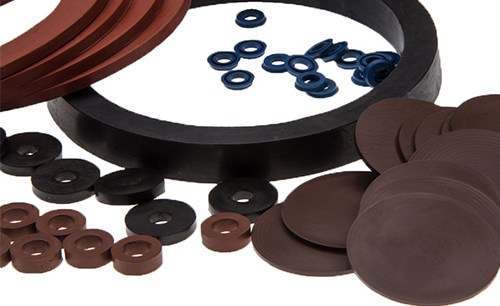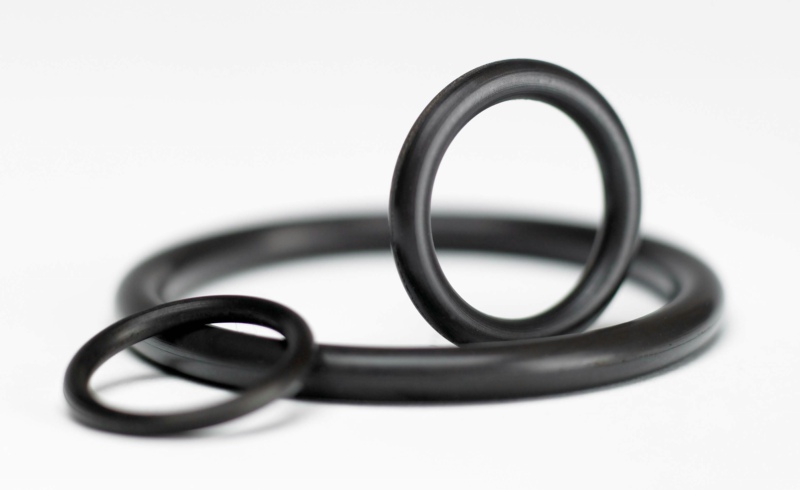YodaRubber is proud of its FVMQ products quality, and the brand is highly recognized by our clients.
Our FVMQ Product
Material DataSheet of FVMQ
| Basic Properties | Cost Factor | 40 |
| Hardness Range (Shore A) | 40 – 80° | |
| Colours | Limited | |
| Temperature Tolerance (℃) | Maximum Continuous | 180° |
| Maximum Intermittent | 200° | |
| Minimum Temperature | -60° | |
| Environmental Tolerance | Oxidation | Excellent |
| Ozone & Weathering | Excelle | |
| Oil Resistance (℃) | ASTM Oil No. 1 @ 20° | Excellent |
| ASTM Oil No. 1 @ 100° | Excellent | |
| ASTM Oil No. 3 @ 20° | Excellent | |
| ASTM Oil No. 3 @ 100° | Excellent | |
| Fuel Resistance (℃) | ASTM Fuel B @ 40° | Fair |
| Solvent Resistance | Alcohol | Good |
| Acetone | Unsuitable | |
| Benzene | Good | |
| Chemical Resistance | Acids | Good |
| Bases | Fair | |
| Physical Properties | Physical Strength | Poor |
| Compression Set | Good | |
| Tear & Abrasion Resistance | Poor | |
| Resilience | Fair | |
| Resistance | Permeability To Gases | Low |
| Electrical Strength | Excellent | |
| Flame Resistance | Self – Extinguish | |
| Water Resistance | Good |
More About FVMQ
Fluorosilicone was invented by Dow Corning in the early 1950’s. The international nomenclature for fluorosilicone rubber is FVMQ.
FVMQ polymers are built of polysiloxane chains where methyl side groups are replaced by trifluoropropyl side groups. Therefore they have nearly the same mechanical and physical properties as silicone rubber but due to the fluorination they show better resistance against many fluids.
FVMQ polymers typically contain 23-28 % Fluor. FVMQ has a good heat resistance, very good low temperature flexibility and excellent resistance to weather, ozone and UV rays. Compared to VMQ the temperature range is slightly reduced from -50°C to 180°C.
The main applications for this material are injectors for CNG and quick connectors for fuel rails.



